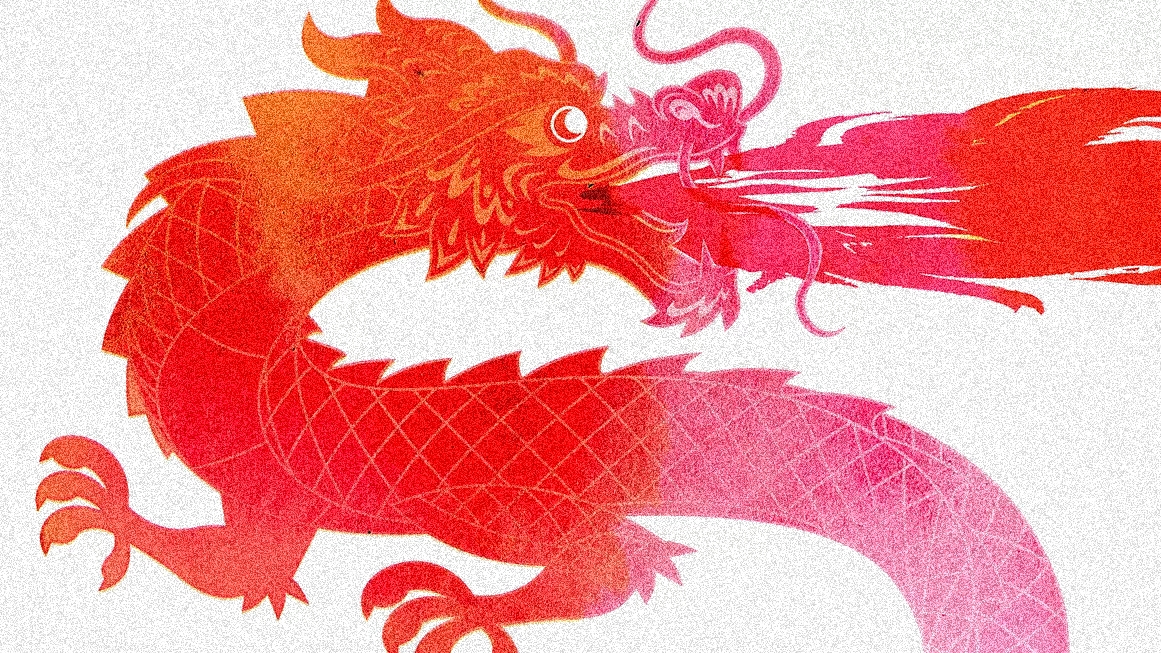
A recent piece in Reason magazine by Johan Norberg lays out several pop culture themes about Beijing and world trade. These are worth a look.
Let’s start with Reason’s title: “Cutting Off Trade Will Make the U.S. Poorer and China More Totalitarian” (February 2025). Note that this is an assertion, not a question, and it seems to be based on the author’s information that “more than a million American jobs depend directly on exports to Chinese consumers. About 0.5 percent of the U.S. work force would lose their jobs if the U.S. lost access to its third-largest goods exporting market.”
Two sides
When calculating how the U.S. might become poorer, there would have to be two sides to the equation, not just one. What is lost must be compared to what is gained. Would there be a net gain for the United States? Tariff proponents think so. Their arguments should be addressed.
This title also states that less trade would make China more totalitarian. But this contradicts our experience: the decades have shown China becoming more totalitarian as trade increases and China becomes richer. More money and tools became available for control and repression. It’s praxeological, my dear Watson.
Norberg knows this but does not process the fact. “Where many of us hoped economic liberalization would produce political liberalization, an authoritarian backlash instead started clamping down on both free markets and free speech,” he writes. Yes, exactly.
The author solves this contradiction by elevating Xi Jinping to the status of almost the sole source of “more totalitarian” trouble. In this view, Xi is not so much the product of a system or ideology as an individual in the mold of the great man theory of history. He can apparently make sweeping changes through a series of orders in the same way that Donald Trump is here imagined to be someone who can himself collapse the “third-largest goods exporting market.” Here, Xi and Trump have enough power and discretion to launch trade wars that bring all trade between the U.S. and China to a screeching halt.
Fantastic
This is not just simplistic, it’s fantastic.
We do not live in a free-trade world but in a world of micromanaged trade, a world of GATT and the WTO and NAFTA and innumerable bilateral and multilateral agreements running to thousands of pages, decades in the making. That managed-trade regime was developed after World War II by and for market economies. This system cannot vanish at the sounding of loud noises or wishful thinking. The regime will abide, dude. The dogs bark but the caravan moves on.
And there, within this managed-trade regime, lies the rub for those seeking sustained or even growing trade with China. It was not designed to accommodate communist economies, not even one that almost evolved into what might be called a socialist market economy, “a process that has not yet been completed, almost twenty years after China’s WTO accession, and subsequently led to many problems” for the trade regime.
Yes, “many problems.” These problems are largely material and utilitarian. How much government support can go into a company or product before that support crosses a line? How many subsidies are too many? How much state ownership violates fair competition? And how about those five-year plans?
Lying below this utilitarian surface are moral and ethical issues not much enumerated in trade treaties: slave labor, corrupt practices, dangerous working conditions, cronyism, arbitrary arrests, and so on.
Considering the utilitarian and moral trade questions together, one will occasionally encounter a kind of consumer nihilist who says that “if a government wants to subsidize a product, I’m happy to take the savings.” “If they use inflation or taxation against their own people to enrich me, that’s to my benefit.”
“I’ll divvy up that surplus value with you, Marxist taskmasters.”
This kind of thinking is sometimes implied in arguments made by those favoring trade with totalitarian countries. Advocates of trade with China should write more about this.
More or less war-capable
Our Reason article includes a scare scenario of China being cut off and condemned to low or no growth, then lashing out militarily. Of course, communists can lash out at any time for whatever reason their tortured internal dialectic may demand. But the linkage of impoverishment and war is belied by the very poor totalitarians in power. It costs a lot of money to wage war. So let’s reverse the author’s proposition. The poorer the state becomes, the less war-capable it becomes.
China cannot be impoverished by unilateral trade deprivation given its integration into the international order and given orders of its own making such as the Belt and Road Initiative, the BRICS trading bloc, and various bilateral and multilateral agreements.
As you read this, Chinese lawyers are suing America in the WTO over President Joe Biden’s tariffs, just as the U.S. is suing China over its infraction of various rules. Consider then that the decision to impose a tariff is not the end of the matter, it is just the beginning.
In 2018, U.S. trade officials concluded that the WTO “is not equipped to deal” with the China problem. It is unable “to resolve disputes, limit subsidies or draw China into the market status that was envisioned when China joined the WTO.”
This frustration is coming back with a second Trump administration. But note that it signals, in advance, defeat of the tariff and trade hawks, who will again become tangled in the nets of international trade accords.
So let there be more lawsuits against Beijing’s practices and more restrictions on Beijing’s participation in international organizations. The inability to resolve disputes may be less important than inflicting the punishments meted out by multiple dispute-resolution processes themselves. We use what we have.
Let’s see how the “many problems” generated by an incipient “market socialism” work out. Whatever you think of our current trade regime, it won’t break. Do not fear tariff talk or tariffs themselves. □
James Roth works for a major defense contractor in Virginia.











